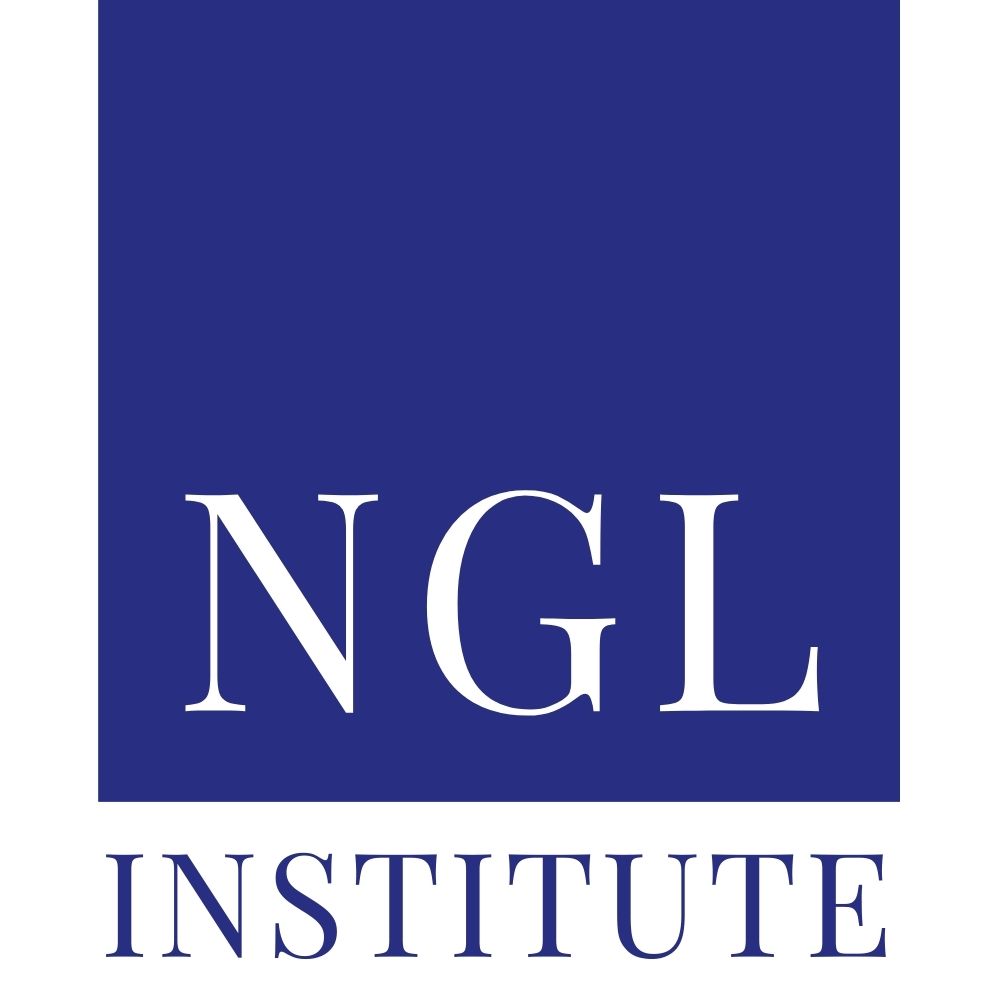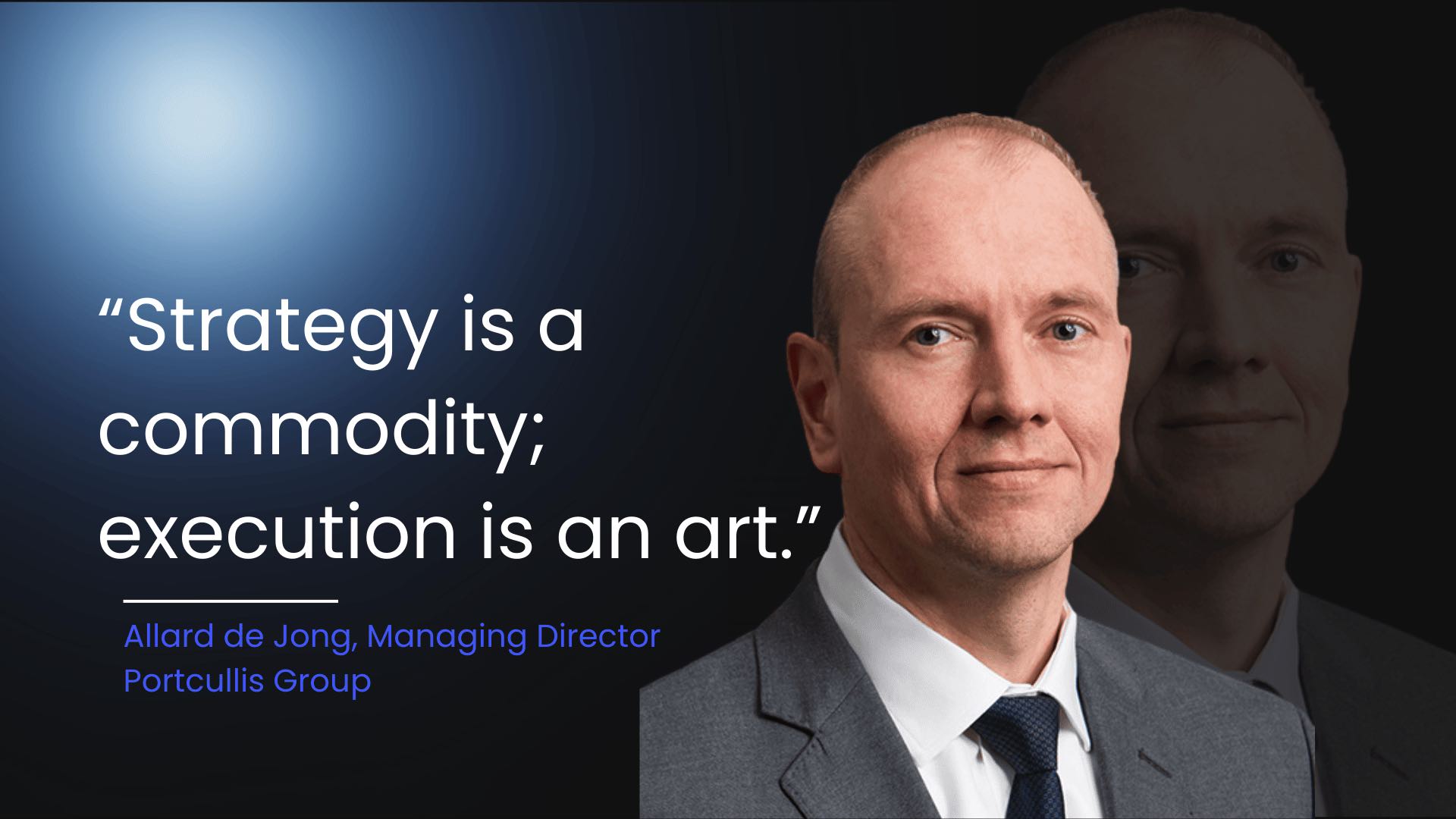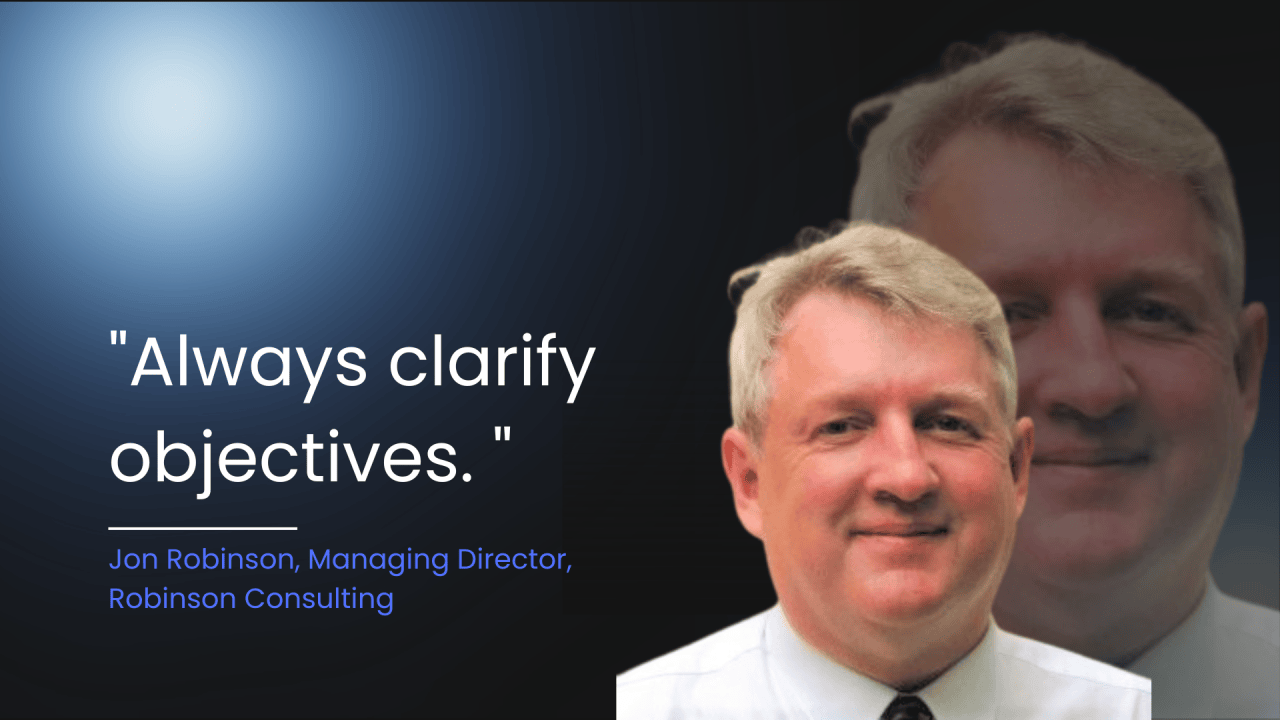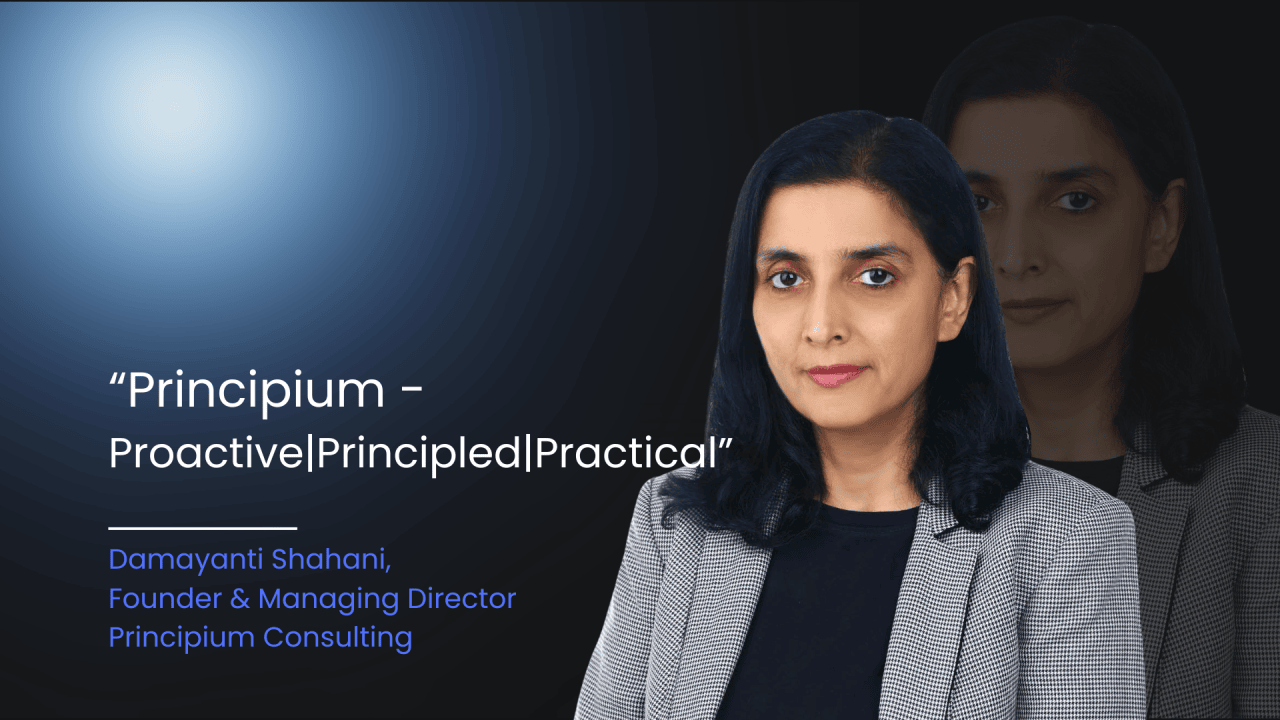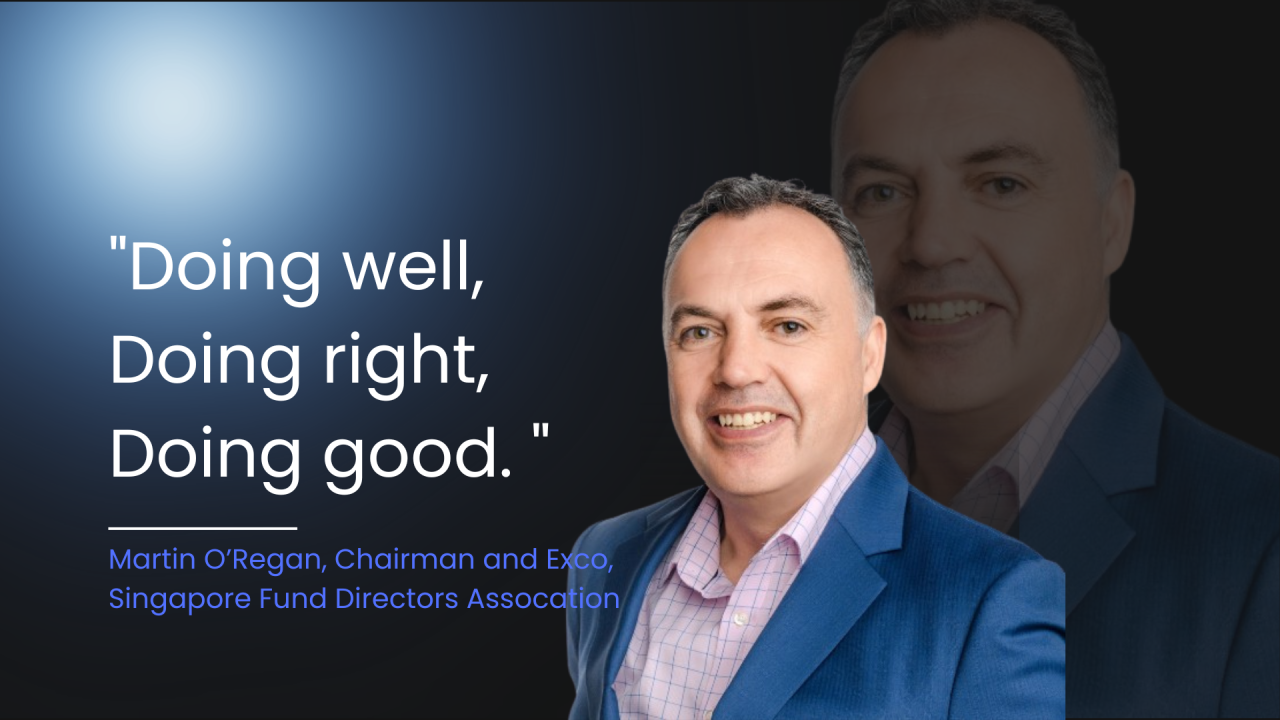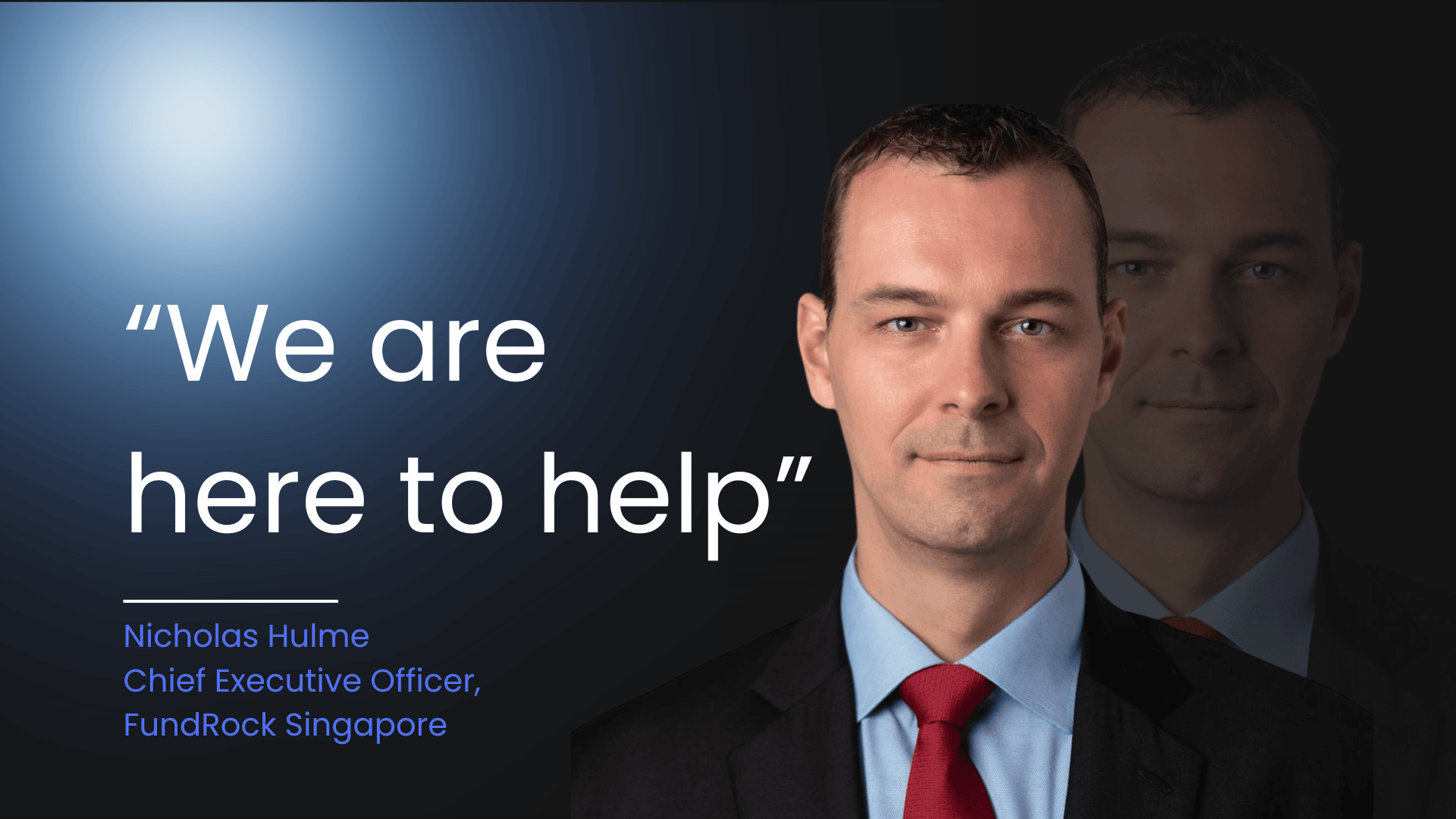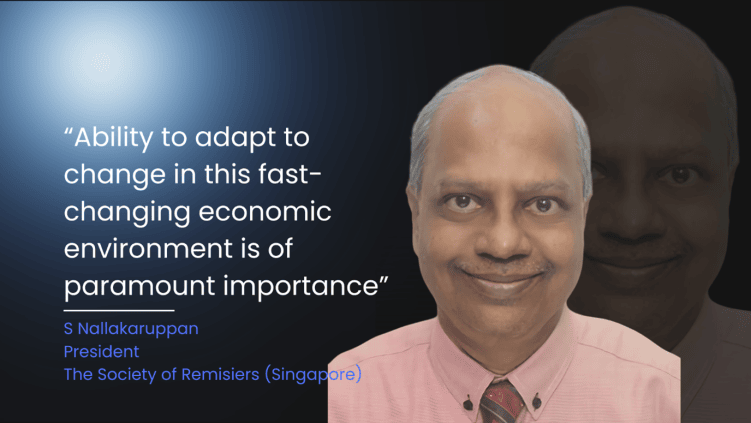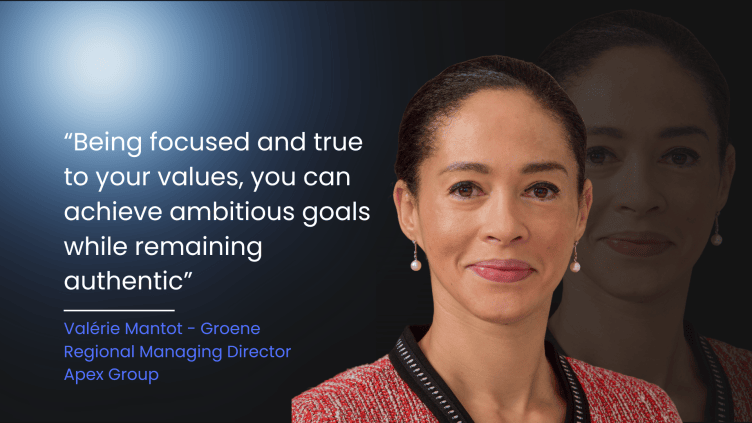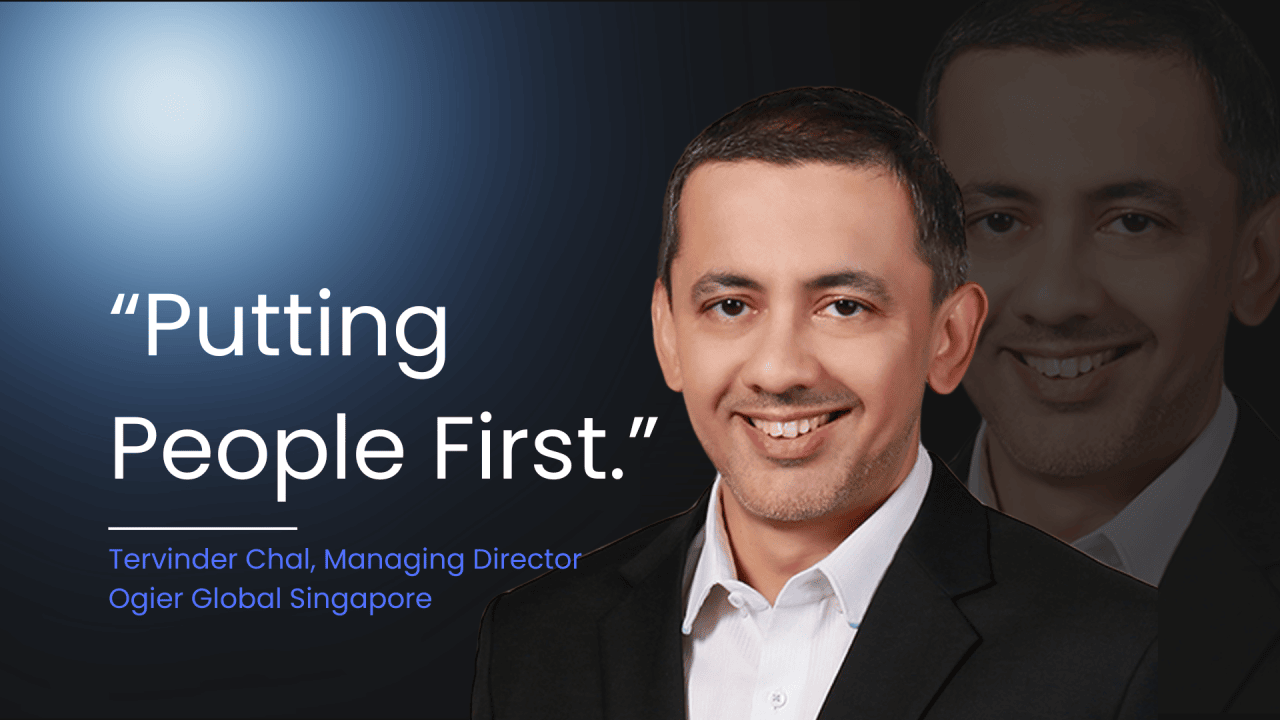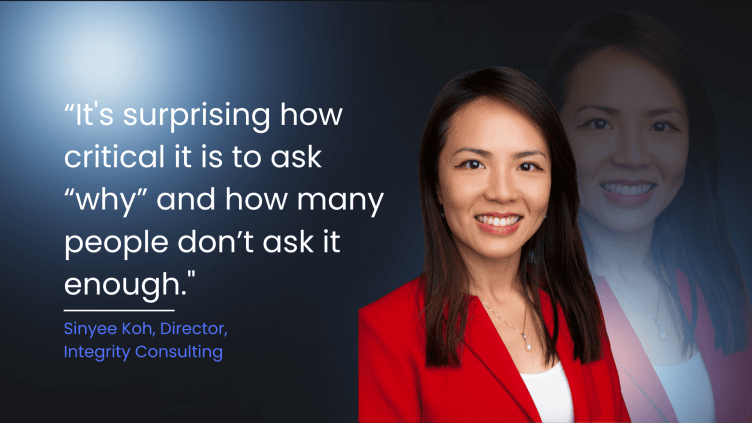Jon Robinson leads Mercer’s executive remuneration practice in ASEAN.
Jon advises the remuneration committees and senior executives of a wide range of companies, including some of the most recognised names in the region. He consults on a range of remuneration and governance issues. He brings over 25 years of human resources consulting experience combined with extensive knowledge of financial markets. He has worked across the region having lived in Hong Kong and Indonesia before moving to Singapore in 1997. In a departure from consulting, for six years Jon led the Asia business of the Vanguard Group, one of the world’s largest investment managers, where he focused on developing Vanguard’s strategy for Asia as well as managing relationships with key accounts, especially sovereign wealth funds. He maintains an interest in finance through his role as an independent director of the EFA Dynamic Fund, a trade finance fund.
Jon served on the Singapore Central Provident Fund’s Advisory Panel from 2006 to 2008 as well as the government’s Economic Review Committee’s CPF group in 2002. He is a governor of Tanglin Trust School where he chairs the Staff Sub-Committee; he has been elected Chairman with effect from July 2016. Jon is a senior adviser of the M&A firm, Pickering Pacific, and a Fellow of the Singapore Institute of Directors.
Jon graduated from Cambridge University with a degree in Mathematics.
Robinson Consulting provides remuneration and governance advice for boards, management and investors.
Mathematical Background Influence:
Mike Sim (MS): Jon, can you share insights into how your mathematical background influenced your career, especially in pensions analysis?
Jon Robinson (JR): My mathematical skills served as a practical foundation for my first job as an actuarial analyst, but I soon transitioned to advisory roles. I find the people aspect, being more complex, to be more intriguing than mathematics and finance.
Diverse Career Transitions:
MS: With a diverse career spanning human resources consulting and leading the Asia business of the Vanguard Group, how did you navigate these transitions?
JR: Early on, running a consulting business made me understand both business and people aspects. The transition to fund management came through the asset side of the pension fund advisory practice.
Key Skills in Executive Remuneration Practice:
MS: Jon, in your role as the leader of Mercer’s executive remuneration practice in ASEAN, what key skills do you find most valuable?
JR: Problem-solving is crucial, simplifying complex situations and gaining agreement on project objectives are key operational skills.

Independent Director Experience:
MS: Could you elaborate on your experience as an Independent Director for funds and companies and how it complements your remuneration and governance expertise?
JR: Being an independent director involves balancing all stakeholders’ interests and ensuring rules are followed. The challenges come where when rules don’t cover particular situations.
CAIA Charterholder Impact:
MS: As a Chartered Alternative Investment Analyst (CAIA) Charterholder, how has this qualification contributed to your roles in expert witness work, executive remuneration advice, and non-executive positions?
JR: CAIA has helped me in in the equity-related aspects of executive remuneration. I have also served as an expert witness for a private equity carried interest dispute and having the CAIA knowledge was critical.
Generative AI in Executive Remuneration:
MS: In the era of generative AI, how do you foresee technology influencing the landscape of executive remuneration, and what considerations should companies keep in mind?
JR: Generative AI complements my advisory work, offering research support and a range of perspectives. The human touch is needed before the AI output can be released..
ESG Integration in Remuneration Advice:
MS: Given the increasing importance of environmental, social, and governance (ESG) factors, how does Robinson Consulting integrate ESG considerations into its remuneration advice for clients?
JR: Aligning remuneration systems with strategic goals includes considering ESG components if they are a key part of my client’s strategy.
Challenges for Non-Executive Board Members:
MS: Given your involvement in governance improvement for boards, what challenges do non-executive board members face in ensuring a company’s culture is fit for purpose?
JR: Ensuring a company’s culture is fit for purpose is crucial and challenging for non-executive board members.

Motivation Behind CAIA Level I Exam:
MS: What motivated you to take the CAIA Level I exam, and how did it contribute to your understanding of future skills needed for the fund management industry?
JR: The CAIA exam provided credibility, a learning opportunity, and a chance to update skills and obtain a recognised credential.
Choosing a Remuneration Package:
MS: In your opinion, what should people be looking for if they are looking at a remuneration package?
JR: People should ensure that all components of their package; salary, bonus, equity incentives, and benefits, meet their needs.
MS: Is there one question you wish I had asked you, and how would you have answered it?
JR: In any professional advisory role, having a trusted advisor is crucial, and being brave enough to share unwelcome advice even though that might compromise your commercial interests.

Mike with Jon Robinson
Thank you, Jon for taking time to share your insights on strategies in executive remuneration and governance.
Recent Posts
